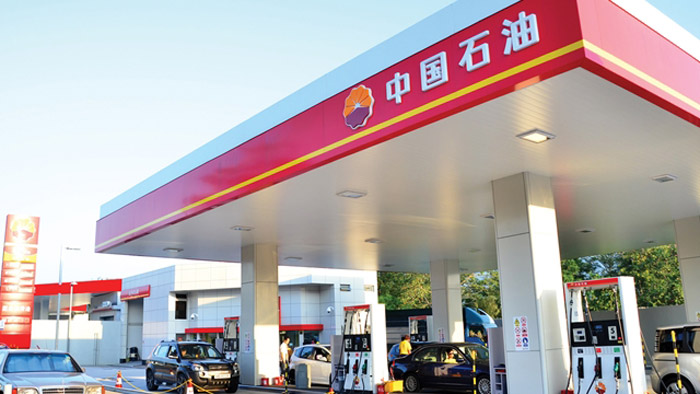
China suspends nationwide E10 ethanol mandate
China has suspended the implementation of its nationwide E10 ethanol mandate, which was supposed to start at the beginning of January. The national government announced back in September 2017 that all gasoline sold nationwide must contain a minimum of 10% ethanol from 2020. At that time, the country was experiencing a huge corn supply surplus. China primarily uses corn as the feedstock to produce ethanol.
However, the National Development and Reform Commission (NDRC), at a meeting in late December with ethanol producers and oil majors, said it would halt the roll-out of E10 beyond the current provinces that have already implemented full or partial blends, according to Reuters.
The reversal is a heavy blow to domestic producers that have built new plants, as well as biofuel exporters, including the United States and Brazil, which were looking to benefit from growing Chinese demand.
The U.S. exported about 20% of its fuel ethanol to China in 2016, which was worth about USD300 million. American exports have since declined after the government raised import duties in 2017 to 30%, and then added trade war tariffs on U.S. cargoes twice during 2018, amounting to another 40%.
China was expected to sharply increase imports of U.S. ethanol under the recently announced phase one trade deal, but is now unlikely to require large ethanol supplies without the mandate.
“The decision was made after further study, which suggests any promotion of ethanol gasoline must be based on the precondition that food security is guaranteed,” said one of the sources familiar with Beijing’s plan, in reference to declining grain reserves in China.
Six other contacts including producers, traders and analysts also said the government roll-out of the mandate had significantly slowed or stalled, with few new plants built or markets opened in the past few months.
“There is a big shortage of production capacity and few places have made breakthroughs” with the mandate roll-out, said Michael Mao, analyst with Sublime China Information. “I think the promotion has slowed. Maybe we need to wait until after 2020.”
Reaching the 2020 target would have required about 15 million tonnes of the biofuel annually, more than four times the current output, or some 45 million tonnes of corn, which is about 16% of the country’s current consumption.









